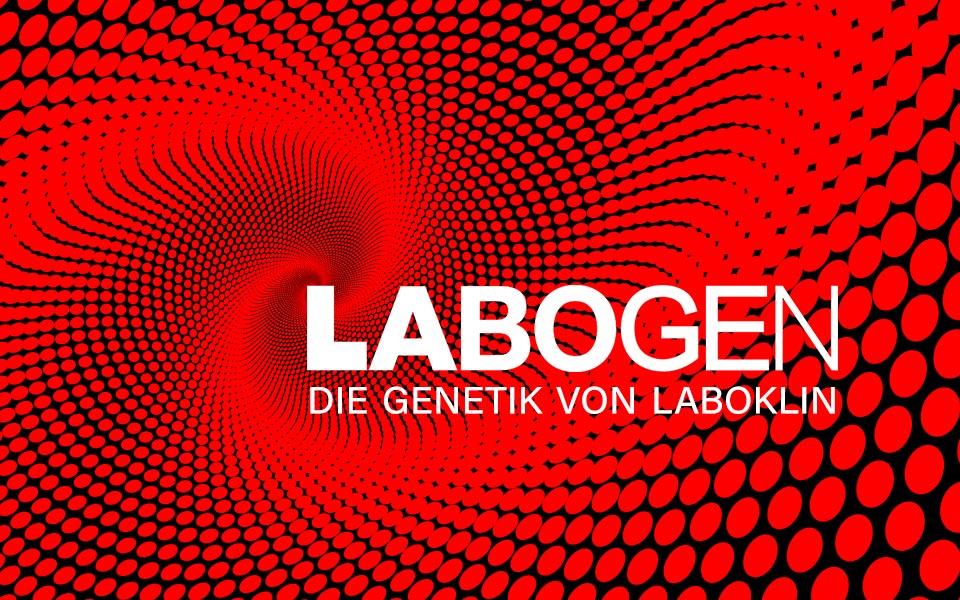Haemorrhagic diathesis (Scott syndrome)
Haemorrhagic diathesis (Scott syndrome)
General description
Scott syndrome is a bleeding disorder characterized by hemorrhagic episodes due to a defect in a platelet mechanism required for blood coagulation.
Breeds
German Shepherd Dog
Order details
| Test number | 8319 |
| Sample material | 0.5 ml EDTA blood, 2x cheek swab, 1x special swab (eNAT) |
| Test duration | 7-14 working days |
Test specifications
| Symptom complex | hematologic |
| Inheritance | autosomal recessive |
| Causality | causally |
| Gene | ANO6 |
| Mutation | C-T |
| Literature | OMIA:001353-9615 |
Detailed description
The Scott syndrome is a rare, autosomal-recessive, hemorrhagic diathesis in German Shepherds. The enhanced tendency to hemorrhage is caused by impaired coagulation activity, recognizable by activated platelets, which are not capable to present anionic phospholipids, particularly phosphatidylserine, and distribute coagulation microparticles. The presentation of phosphatidylserine on the surface of activated platelets is essential for the formation of the blood coagulation enzyme complexes. Other coagulation parameters are normal, with the exception of a reduced Prothrombin consumption during clotting of blood.



